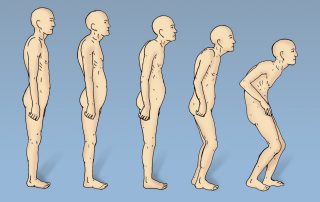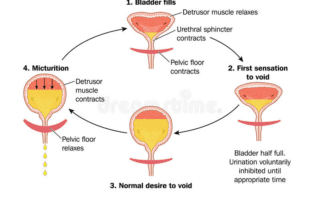
As a physical therapist, I’ve seen countless patients come to me with injuries and health issues that could have been prevented with proper self-care. In today’s fast-paced world, it’s easy to neglect ourselves and put our health on the back burner in favor of work, family, and other commitments. Self-care means prioritizing physical and mental health. Knowing what is best for you and following through with those plans, whether that means eating a healthier diet or dissolving a friendship that feels toxic. It is important to surround yourself with positive influences that will encourage you to do better and be better. In this blog post, I want to spotlight the importance of self-care for our physical and mental health and the role it plays in injury prevention, rehabilitation, and overall well-being.
- Self-care Prevents Injury: Our bodies work tirelessly to support us in our everyday activities. Ignoring signs of fatigue, stress, and discomfort can lead to painful and sometimes permanent injuries. Taking the time to stretch, hydrate, and rest can prevent muscle strains, tears, and even bone fractures. Self-care helps us to strengthen our bodies and make them more resilient to the demands of daily life.
- Self-Care Helps Speed Up Rehabilitation: If you’re currently undergoing physical therapy, implementing self-care practices into your daily routine can significantly speed up the rehabilitation process. Proper nutrition, hydration, and movement can help aid recovery and reduce inflammation, allowing your body to heal faster. Self-care practices can also help to reduce stress, which has been linked to inflammation and slower healing times.
- Self-Care Improves Overall Health: Self-care isn’t just about injury prevention or rehabilitation; it’s also about overall health and wellness. Eating a balanced diet, exercising, and getting enough sleep can help to improve cardiovascular health, reduce the risk of chronic diseases like diabetes, and boost our immune systems. When we take care of our bodies, we’re investing in a better quality of life both now and in the future.
- Self-Care Boosts Mental Health: Physical health is just one aspect of self-care. Our mental health is just as important as our physical health. Taking time to unwind and destress is crucial to our overall well-being. Engaging in self-care practices like meditation, mindfulness, and adequate rest can help to reduce stress and anxiety, allowing us to feel more relaxed and grounded.
- Self-Care Promotes Good Habits: Practicing self-care can also help to promote good habits in other areas of our lives. When we prioritize our health and well-being, we’re more likely to make choices that support it. We may choose healthier food options, opt to go for a walk instead of watching TV, or prioritize sleep and rest over other distractions. Self-care is the foundation on which good habits are built.
So next time you’re tempted to push through the fatigue or skip the workout, remember the long-term benefits of self-care and invest in yourself. Your body (and mind) will thank you for it.
Keep Reading…
Fireworks Safety Tips
The American Society for Surgery of the Hand [...]
Aquatic Exercise: How to Reap the Benefits this Summer
Sitting is the New Smoking. It's just bad for [...]
What is the Meeks Method?
As mentioned in my last blog about Osteoporosis, this [...]
When Can You Return to Sports After a Concussion?
According to the International Guidelines for Concussion in Sport, [...]
Avoid Wrist Pain with Exercise: Practice the 4 “P’s”
Some of the best exercises we can do for [...]
The Behavioral Side of Peeing: Should You “Go” Before You “Leave?”
Your bladder is a muscle -- I’m sure you’ve heard [...]







